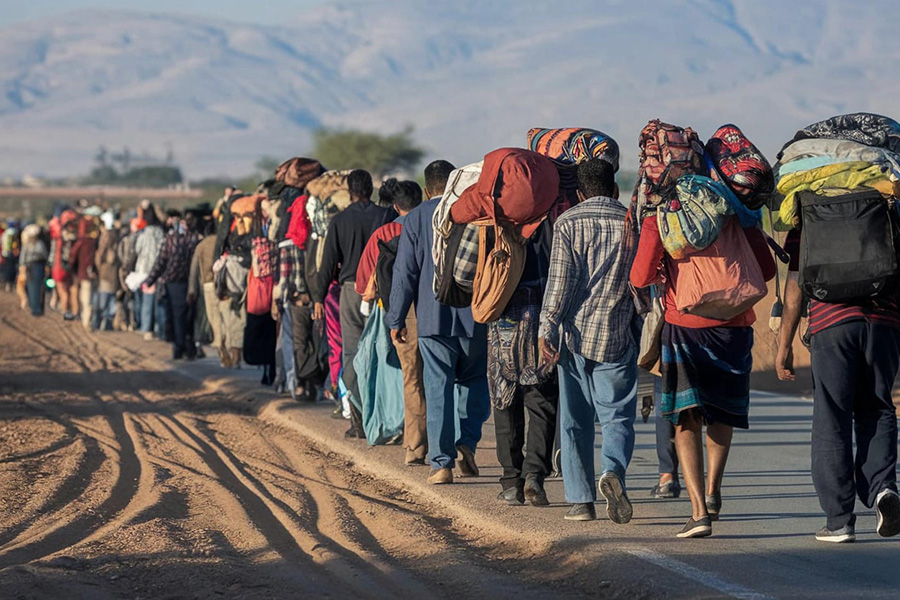
Hope and dreams of a better life drive migrants’ decisions, often overriding fear and anxiety of risky journeys.
Authors
Raffaela Puggioni, Professor, Jindal School of International Affairs, O.P. Jindal Global University, Sonipat, Haryana, India
Maria Julia Trombetta, School of International Studies, University of Nottingham Ningbo China, Ningbo 315100, China
Summary
By focussing on the emotional and affective dimensions of borders, this article suggests integrating the negative emotions that the European Union (EU) states’ border politics aim to instil—including fear, anxiety and trauma—with the positive emotions that the dream of a life in Europe encourages. Drawing upon the psychological and philosophical approaches to hope, this article highlights the centrality of hope in shaping agency, stimulating alternative visions, and overcoming difficulties. What is the impact of hope and daydreams in shaping migrants’ decision to engage with risky journeys? To what extent might the dream of Europe counterbalance the EU’s securitarian technologies? This article introduces and explores the processes of b/ordering and the role that emotions, as spatially grounded, play in it. This article will ultimately contend that, once confronted with the uncertainties of long and risky journeys and the prospect of a bright and dreamed future, the latter often prevails. Under this scenario, states’ deterrent systems might not be as effective as hoped, as the dream of Europe overrides the fear and anxiety that EU states’ border security aims to generate.
Published in: Societies
To read the full article, please click here.

